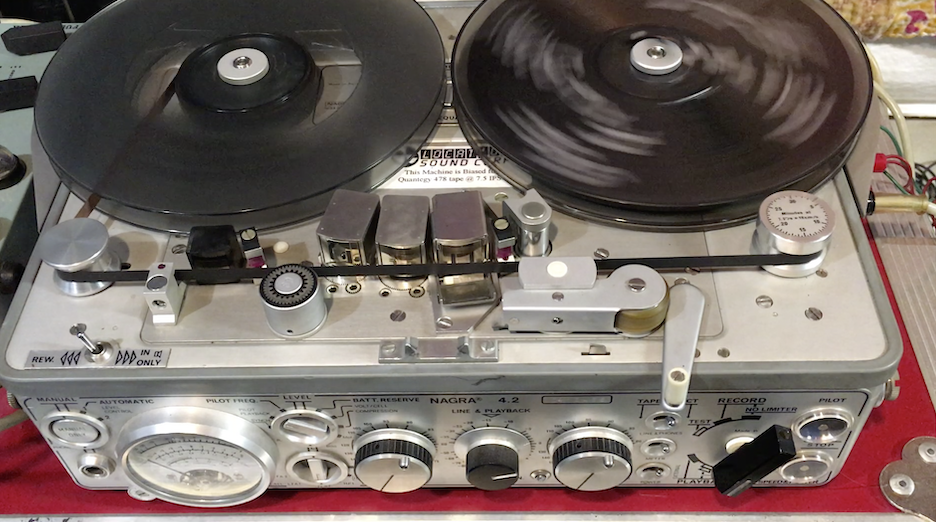
Watch enough classic movies — especially classic movies from slightly downmarket studios — and you’ll swear you’ve been hearing the very same sound effects over and over again. That’s because you have been hearing the very same sound effects over and over again: once recorded or acquired for one film, they could, of course, be re-used in another, and another, and another. No such frequently employed recording has a more illustrious and well-documented history than the so-called “Wilhelm scream,” which, according to Oliver Macaulay at the Science + Media Museum, “has been used in over 400 films and TV programs.”
“First recorded in 1951, the ‘Wilhelm scream’ was initially featured as stock sound effect in Raoul Walsh’s western Distant Drums,” writes Macaulay, but it got its name from a scene in The Charge at Feather River, from 1953: “When Private Wilhelm takes an arrow to the leg, he lets out the fabled blood-curdling cry which came to permeate Hollywood’s soundscape.”
It may well have been most widely heard in the original Star Wars, “when Luke Skywalker shoots a stormtrooper off a ledge,” but for decades it was pulled from the vault whenever “characters meet a grim and grisly end, from being shot to falling off a building to being caught up in an explosion.”
Originally labeled “Man eaten by an alligator; screams” (for such was the fate of the character in Distant Drums), the original recording session of this much-discussed sound effect is now downloadable from the USC Optical Sound Effects Library at the Internet Archive. It contains three collections: the Gold and Red Libraries, which “consist of high-quality, first generation copies of original nitrate optical sound effects from the 1930s & 40s created for Hollywood studios,” and the Sunset Editorial (SSE) Library, which “includes classic effects from the 1930s into the ’80s” by the eponymous outfit. At a Freesound Blog post about the archiving and preservation of the SSE Library, audio engineer Craig Smith notes that the company “mainly did episodic television shows like Bewitched, I Dream of Jeannie, The Partridge Family, and The Waltons.”
Listening through the USC Optical Sound Effects Library will thus prove a resonant experience, as it were, with fans of mid-century Hollywood movies and television alike. It may also inspire an appreciation for the sheer amount of recording, indexing, editing, and mixing work that must have gone into even outwardly simple productions, which nevertheless required the sounds of doors, birds, sirens, guns, and falling bodies — as well as the voices of men, women, children — to fill out a plausible audiovisual atmosphere. They also reveal, as Smith puts it, “the shared culture of Hollywood’s take on what things ‘sounded like.’ ” Heard in isolation, some of these may seem no more realistic than the Wilhelm scream, but that wasn’t quite the point; they just had to sound like things do in movies and on TV.
Related content:
How the Sounds You Hear in Movies Are Really Made: Discover the Magic of “Foley Artists”
Based in Seoul, Colin Marshall writes and broadcasts on cities, language, and culture. His projects include the Substack newsletter Books on Cities and the book The Stateless City: a Walk through 21st-Century Los Angeles. Follow him on Twitter at @colinmarshall or on Facebook.


I couldn’t find the legit button to download the sound FX as the article headline suggests. All the buttons were ads to entice you to download other apps or extensions.
You must be supporting yourself with ads — there are so many, its hard to distinguish your content from them.
Mark Morris — click any of the hyperlinks where it says “USC Optical Sound Effects Library” in the article.